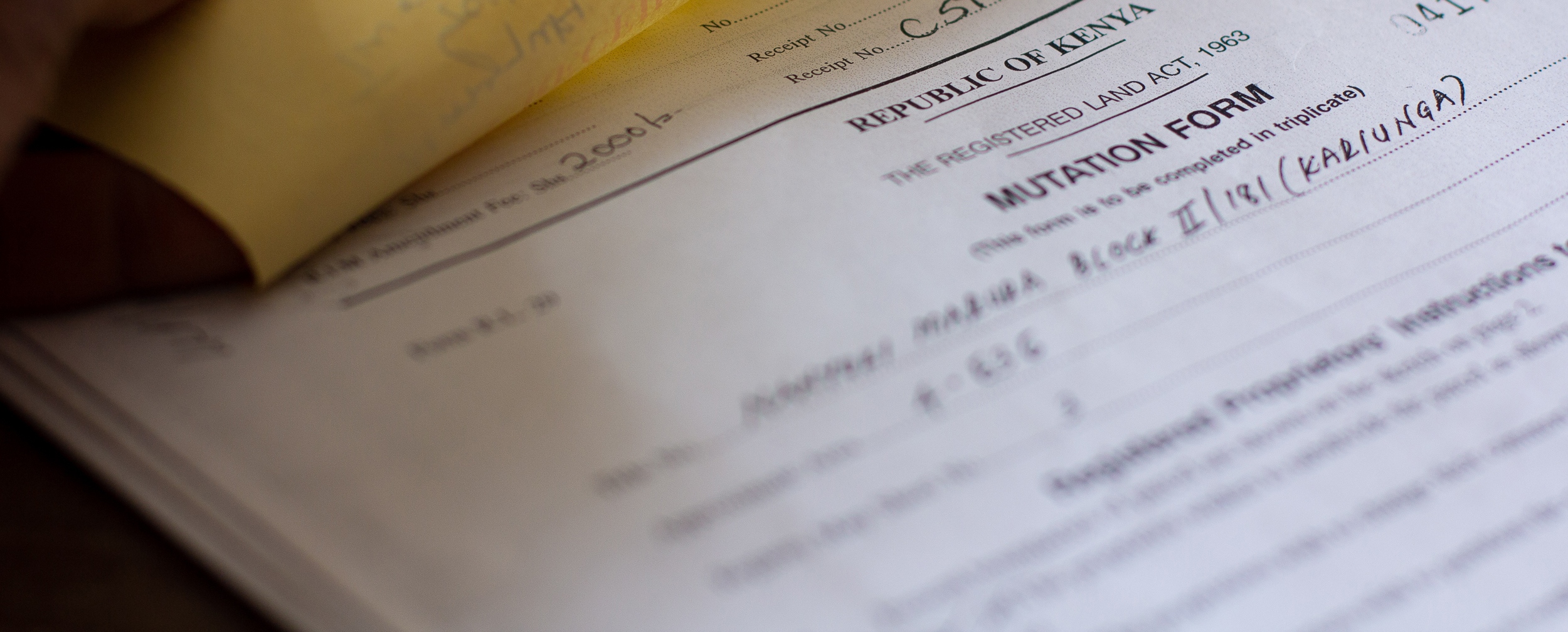Here is the 3rd and final article in this series. If you haven’t seen the 1st and 2nd articles, do take some time to read through them as well.
Ok, let’s dive right in!
Hire a licensed surveyor
This is a step that is often skipped. Many buyers feel very comfortable that once they have verified ownership and the title search results are favourable, they want to proceed quickly to make the purchase.
The job of a surveyor is to verify the location of the land and its boundaries. He can also assist to locate the beacons (which sometimes get covered up over time) and install beacons if they’re missing. Before you buy the land, know the true boundaries as is recorded in the title deed. This will squash any boundary dispute issues before they start. The surveyor will all verify that the acreage listed on the title deed matches the acreage on the ground, based on the coordinates given.
Representation.
In the case of land transactions, we highly recommend that you hire a licensed advocate of the High Court of Kenya. When searching for a lawyer, you are looking for two things:
- They must be licensed. Advocates are required to renew their license every year. All you need to do is visit the Law Society of Kenya website and go to Search Advocates under Member Services. You can search by name or their Practice Number. The status information will include their full name and Practicing Status for this year and preceding years.
- Preferably, you want an advocate that is conversant with conveyancing law.
Separate advocates
Though it’s not uncommon for the seller and the buyer to share the same advocate in a land transaction, it is always better to have both the buyer and the seller retain their own legal representation. The reason being, should you have issues later, it will be challenging for that one lawyer to fight for your rights and your best interests while doing so for the other side as well if they represent both of you.
Register your sale agreement
Once the sale agreement has been signed by the buyer and seller and witnessed by the respective advocates, it should be registered. In our experience, it is best to sign the agreement in triplicate (or more as needed so that all persons involved can have a copy), then take all copies to The AG Chambers for registration. Upon registration, all the copies of the signed agreement submitted will be stamped. Once stamped, each involved party should get their copy.
This step is important because in case there is ever a dispute, and it becomes necessary to go to court, the sale agreement would not be admissible in court without the registration stamp. In some cases, buyers/sellers will scramble to get their agreements stamped only after a dispute arises. But it is better to get it done from the beginning.
Thank you so much for reading. We hope you’ve enjoyed this series and learned something you can use in your next land purchase. Share your questions and feedback in the comments below.



Be the first to comment!